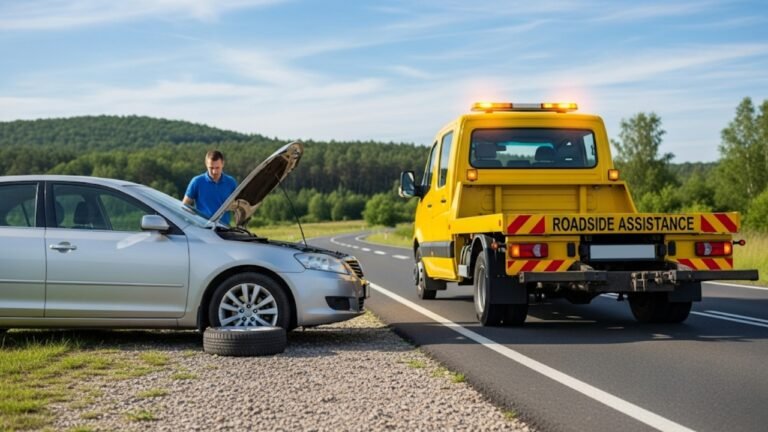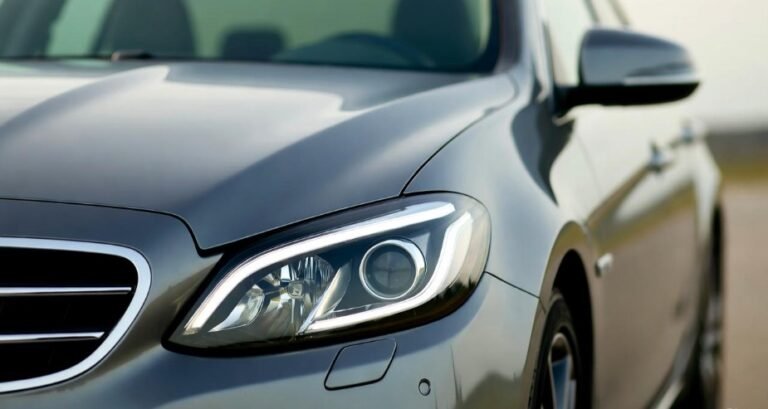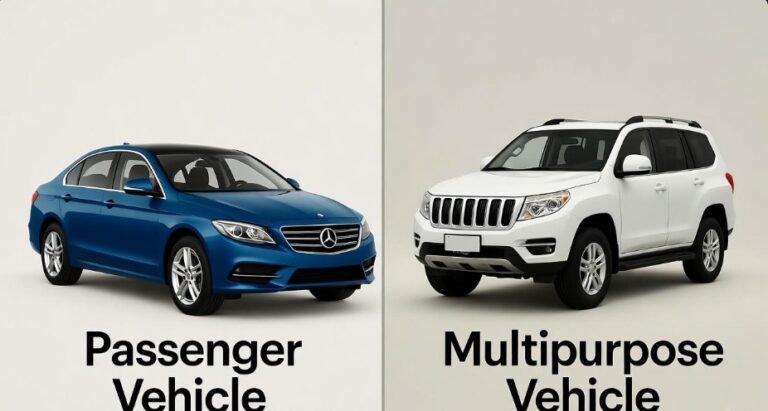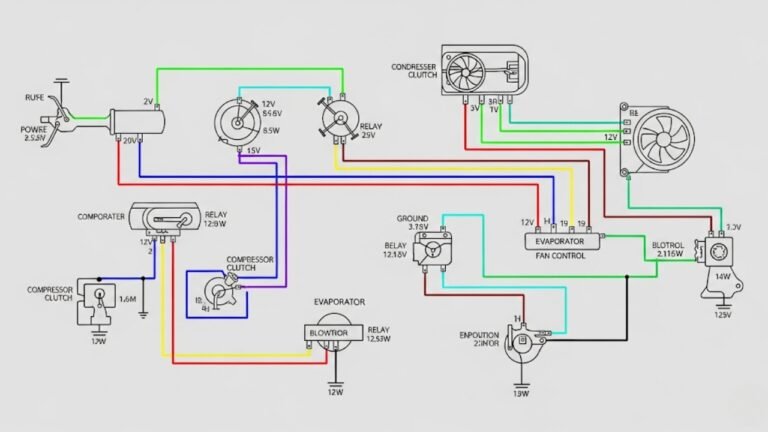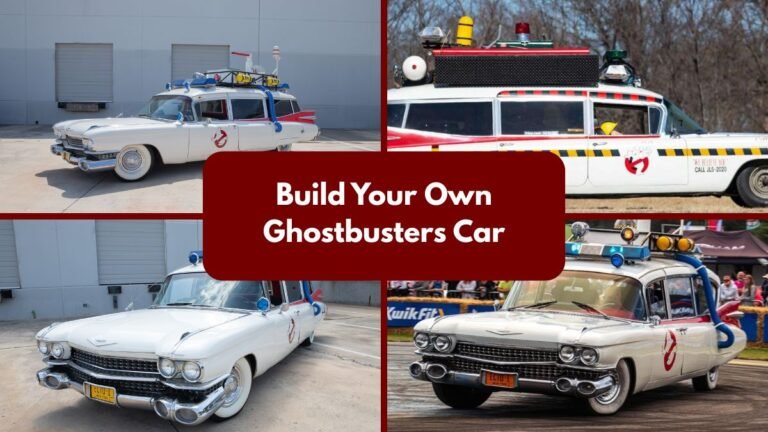Guide to Choosing the Right Towing Trailer for Car
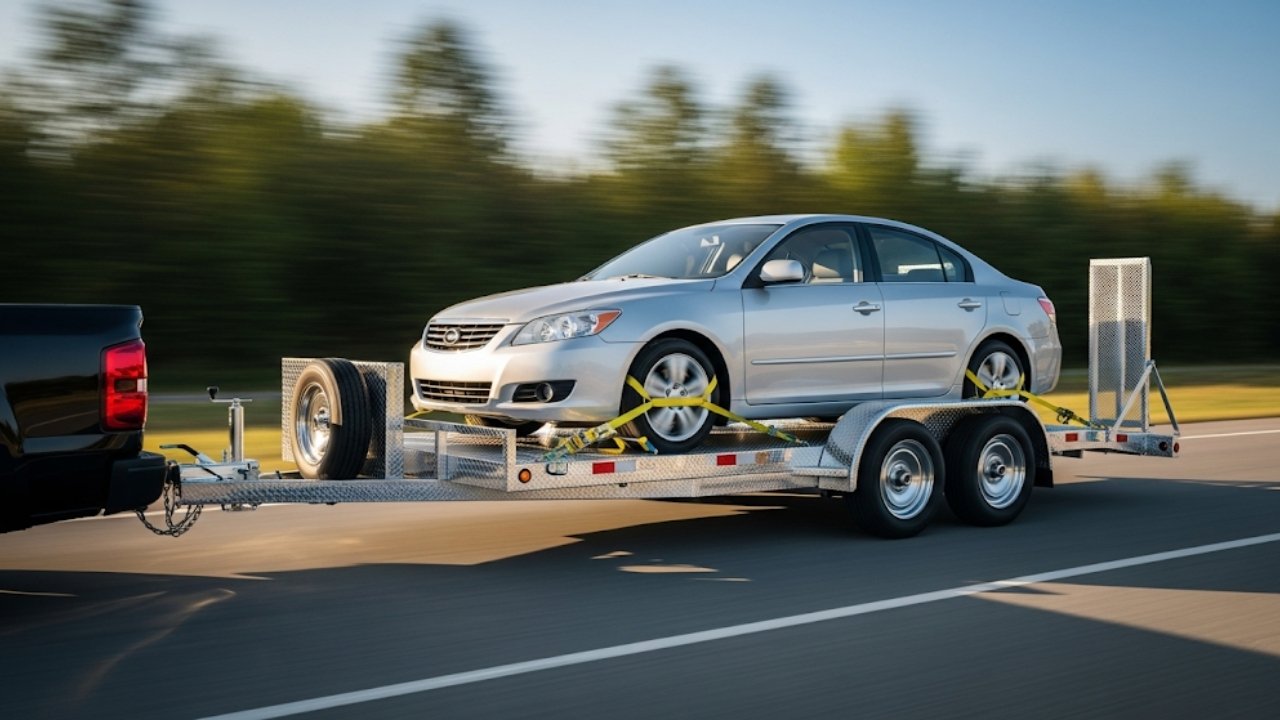
I’ll never forget the first time I tried to tow a trailer with my little sedan. I thought, “How hard can this be?” I didn’t know much about towing trailers for cars, and let’s just say—things didn’t go as smoothly as I’d hoped.
That was a few years ago, and since then, I’ve learned a lot—through trial, error, YouTube tutorials, and a few kind folks at gas stations giving me advice. If you’re considering getting a towing trailer for your car, you’re in the right place.
This guide is a no-jargon, real-talk walk-through designed to help you:
-
Understand what kind of trailer works with your car
-
Learn what towing terms really mean
-
Avoid damaging your car (or your pride)
-
Choose a safe and legal towing setup
-
Feel confident towing, even if you’re a beginner
Let’s dive in.
1. What Is a Towing Trailer for Car and Why Would You Need One?
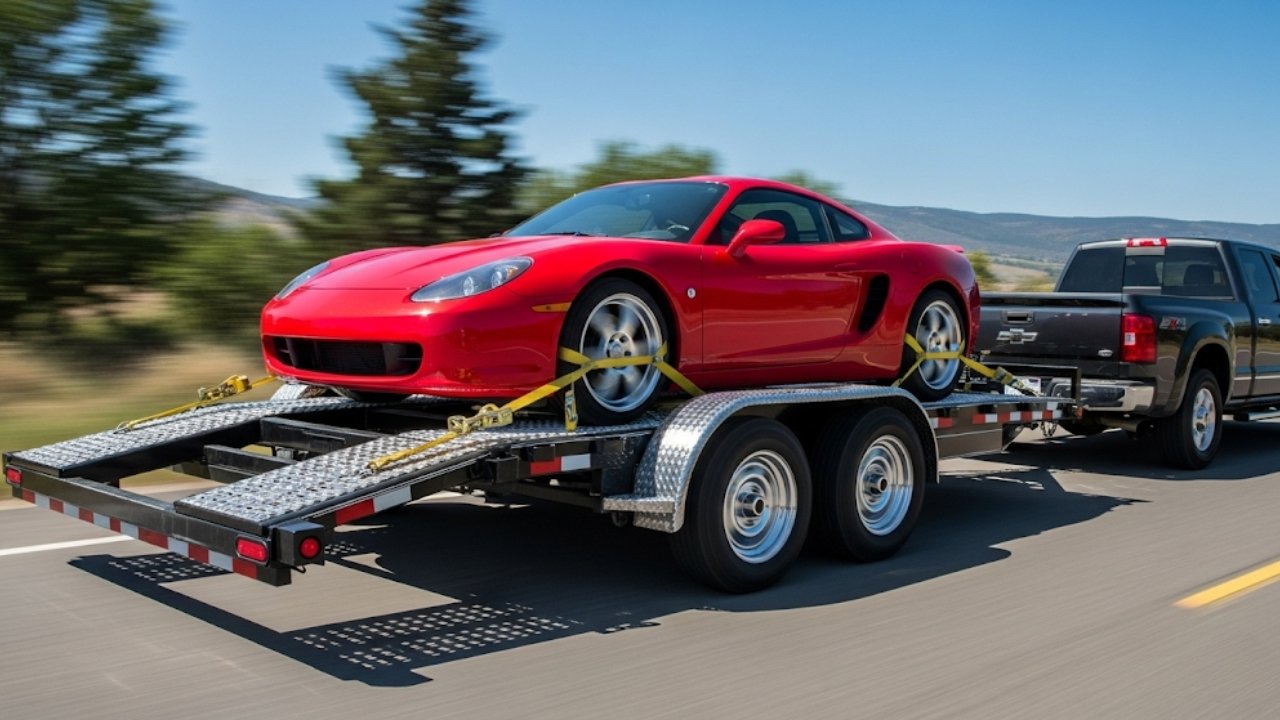
People use trailers for so many reasons:
-
Moving furniture during a home shift
-
Carrying motorcycles, ATVs, or jet skis
-
Hauling garden supplies or firewood
-
Road-tripping with extra gear
-
Camping with a pop-up camper
I remember borrowing my neighbor’s utility trailer when I bought my first couch. My little hatchback couldn’t hold it, but with the trailer, problem solved.
There are different types of towing trailers:
-
Utility trailers: Open bed, great for yard work and tools
-
Cargo trailers: Enclosed, ideal for moving household items
-
Camper trailers: For outdoor adventures
-
Car haulers: For transporting vehicles
-
Boat trailers: Designed specifically for boats
Whatever your need, there’s a trailer that fits. The trick is making sure your car can handle it safely.
2. Can Your Car Actually Tow a Trailer? Understanding Capacity
Before you get excited about hauling a pop-up camper across the country, you need to check if your car can even tow.
Most small cars have a towing capacity between 1,000 to 2,000 pounds, which includes the trailer and the cargo on it.
Here’s a handy table to show rough towing limits by car type:
| Vehicle Type | Towing Capacity (approx.) |
|---|---|
| Small sedan | 1,000 – 1,500 lbs |
| Midsize car | 1,500 – 2,500 lbs |
| Compact SUV | 2,000 – 3,500 lbs |
| Full-size SUV | 5,000 – 8,000 lbs |
| Pickup truck | 7,000 – 12,000+ lbs |
Pro tip: Look at your car’s owner’s manual or check the VIN plate near the driver’s door to find the exact towing specs.
Why does this matter? Because overloading your car isn’t just risky—it can ruin your transmission, make braking harder, and even be illegal in some states.
If you’re like me and love road trips, you don’t want your car overheating halfway through a summer haul because you ignored weight limits.
3. Essential Equipment for Safe Towing: Don’t Skip These!
Just attaching a trailer hitch isn’t enough. There are a few must-have tools for towing that ensure you’re safe and legal:
-
Trailer hitch: This is what connects your trailer to your car. Make sure it’s the right class for your load.
-
Ball mount and hitch ball: These parts attach to your hitch and hook into the trailer.
-
Wiring harness: Connects the trailer lights to your car so brake lights and turn signals work.
-
Safety chains: These are backups in case the trailer comes loose.
-
Brake controller: If your trailer has electric brakes, you need this in your car.
-
Towing mirrors: For bigger trailers, extended mirrors help you see behind.
I learned the hard way when I forgot to hook up the wiring harness. I had no working brake lights on the trailer—and got pulled over at night. Luckily, the officer let me off with a warning, but it could’ve gone much worse.
If you’re buying a towing trailer for car, ask the seller if these items are included or if you’ll need to buy them separately.
4. Types of Towing Trailers: Which One Fits Your Needs?
Let’s break down the most common towing trailers for cars in more detail. Picking the right one depends on what you’re hauling and where you’re going.
1. Utility Trailers
-
Open-bed
-
Easy to load/unload
-
Great for yard work, furniture, or tools
Perfect for short trips to the hardware store or dumping leaves at the recycling center.
2. Cargo Trailers
-
Fully enclosed
-
Keeps items dry and secure
-
Best for moving or long trips
These are great if you’re worried about theft or weather.
3. Camper Trailers
-
Basically a small RV
-
Includes beds, kitchens, even bathrooms sometimes
I once rented a teardrop camper trailer for a road trip up the Pacific Coast. It was cozy, easy to tow, and made camping fun (even for a newbie like me).
4. Boat or Jet Ski Trailers
-
Specially designed with rollers
-
Make launching easy at ramps
Great for lake days or weekend water getaways.
5. Car Haulers
-
Flatbed trailers that carry vehicles
-
Often used by mechanics or when moving classic cars
When you’re buying a towing trailer for car, think about:
-
Size of your load
-
Distance
-
Weather protection
-
Storage when not in use
Each type has its place, but choosing right makes a huge difference.
5. Legal Rules & Safety Tips: Stay Smart, Stay Safe
Towing isn’t just about hooking things up and hitting the road. There are rules—and for good reason.
Key legal considerations:
-
Trailer lights: Must have brake, turn, and tail lights
-
License plates: Many states require trailers to be registered
-
Speed limits: Some states limit trailers to 55-60 mph
-
Trailer brakes: Required for loads over 1,500-3,000 lbs (varies by state)
-
Mirror visibility: You must see at least 200 feet behind you
One summer I was headed through Colorado with a trailer full of camping gear. I didn’t know about the state’s trailer brake law—and got a $100 fine at a weigh station. Lesson learned!
Here are a few safety tips I live by:
-
Check tire pressure on both your car and trailer
-
Balance your load: 60% of the weight should be in front of the trailer axle
-
Use trailer brakes if your load is heavy
-
Drive slower than usual, especially downhill
-
Practice turning and reversing in an empty lot before a trip
Towing changes your car’s behavior. It’s like walking your dog on a leash—you’re in control, but only if you’re aware and prepared.
6. Choosing the Right Hitch: Not One-Size-Fits-All
Picking the right hitch is like choosing the right pair of shoes—you need the right size, style, and purpose. The wrong hitch can damage your vehicle or cause dangerous sway on the road.
There are five hitch classes. Here’s a breakdown:
| Hitch Class | Towing Capacity | Common Vehicles |
|---|---|---|
| Class I | Up to 2,000 lbs | Small cars, sedans |
| Class II | Up to 3,500 lbs | Midsize cars, crossovers |
| Class III | Up to 6,000 lbs | SUVs, small trucks |
| Class IV | Up to 10,000 lbs | Full-size trucks/SUVs |
| Class V | 10,000+ lbs | Heavy-duty trucks |
When I towed a cargo trailer with my old Toyota Camry (yes, I know…), I used a Class I hitch. It was simple, light, and got the job done. But it couldn’t handle anything more than that small trailer.
Here’s what to consider:
-
Tongue weight: The weight pushing down on the hitch. It should be about 10% of your total trailer weight.
-
Receiver size: Most small cars use 1.25″, while larger vehicles use 2″.
-
Weight distribution: For heavier trailers, a weight distribution system spreads the load evenly across axles.
And please—don’t DIY your hitch installation unless you’re 100% sure what you’re doing. Spend the money. Get it installed professionally. It’s your safety (and others’) on the line.
7. Towing Maintenance: Keep It Smooth and Safe
Just like your car, your trailer and towing gear need regular maintenance. Ignore it, and you’re asking for trouble.
Maintenance checklist:
-
Grease the hitch ball regularly to reduce friction
-
Check wiring and lights before every trip
-
Inspect tires for cracks, wear, and proper PSI
-
Tighten bolts on the hitch and trailer coupling
-
Clean your brakes, especially if you’re towing in wet or muddy areas
Last year, I ignored my trailer tires before a weekend trip. One blew out on the highway—not fun. Luckily, I had a spare and a kind stranger helped out. Now, I always do a pre-trip check.
Think of your trailer like an extension of your car. The smoother it runs, the safer your trip.
8. Where Do You Store It? Tips for Keeping Your Trailer Safe
You’ve bought your towing trailer for car, used it for a trip or two—now what? Where do you keep it?
Storage options:
-
Garage or carport: Best if you have space
-
Outdoor lot: Affordable but riskier (weather/theft)
-
Storage facility: Secure but costs monthly fees
-
Driveway with a cover: Middle ground option
Make sure you:
-
Use a weatherproof cover
-
Lock the coupler to prevent theft
-
Remove wheels or use wheel locks for long-term storage
Leaving a trailer in the yard for months can lead to rust, flat spots on tires, and even rodents nesting inside. Yep, happened to me one winter. Now I park it off the ground with a tarp and dryer sheets inside (to keep critters away).
Good storage extends your trailer’s life and keeps your investment protected.
9. Avoid These Common Mistakes When Towing
Towing mistakes can turn an easy job into a nightmare. Believe me, I’ve made a few. Here’s what to avoid:
Don’t overload your trailer
Your car might “feel fine,” but braking distance, sway, and tire wear all increase dramatically when you’re overweight.
Don’t skip balancing the load
Put too much weight at the back, and your trailer might fishtail. Too much in the front, and your car could sag or struggle to steer.
Don’t forget to cross your chains
Those little safety chains? Cross them under the hitch. It helps catch the trailer tongue if it comes loose—like a safety net.
Don’t ignore weather
Rain, wind, or snow make towing much harder. Slow down. Increase your following distance. Don’t rush.
Don’t assume you can reverse
Practice. It’s not the same as driving forward. Use small movements and turn the wheel opposite to where you want the trailer to go.
Mistakes happen. But a little prep and humility go a long way when you’re towing.
10. Do You Need Insurance for Your Trailer?
Here’s the deal: Not all trailers are automatically covered under your car insurance.
Most of the time:
-
Liability is covered while towing
-
Comprehensive or collision is not (unless you add it)
-
You’ll need separate coverage for larger or more expensive trailers
If you’re using your towing trailer for car for work (like landscaping or deliveries), you’ll probably need commercial insurance.
I found this out the hard way when a tree branch smashed my enclosed trailer during a storm. My auto policy didn’t cover the damage—only the trailer’s liability while it was attached to my car. A $1,200 mistake.
Call your insurance company and ask:
“Is my trailer covered when it’s parked? What about theft or damage?”
It’s worth the five-minute phone call.
FAQs About Towing Trailer for Car
1. Can a regular car tow a trailer?
Yes, if it has a hitch and is within the weight limit. Check your car’s manual for towing capacity.
2. Do I need a special license to tow a trailer?
In most states, no. But if your trailer and load are over 10,000 lbs, some states require a special endorsement.
3. Can I rent a trailer instead of buying?
Absolutely. U-Haul, Lowe’s, and other places rent by the day. Great option if you only need it occasionally.
4. What’s the best trailer for camping?
Look into lightweight camper trailers or teardrop trailers. They’re easy to tow and perfect for weekend getaways.
5. How do I know if my trailer is level?
When hitched, the trailer should sit parallel to the ground. Use a level or measure the height at both ends.
6. Should I use trailer brakes?
If your load is over 1,500–2,000 lbs, yes. They reduce strain on your car’s brakes and improve safety.
7. What’s the difference between tongue weight and towing weight?
Towing weight = total weight of trailer + cargo. Tongue weight = downward force on the hitch (should be ~10% of towing weight).
8. Can I tow with a front-wheel-drive car?
Yes, but be cautious with wet or hilly roads. FWD cars may struggle with heavy loads on slopes.
Final Thoughts: Towing Is About Preparation, Not Power
When I first started towing, I thought it was all about brute strength—more horsepower, bigger hitches, heavier trailers. But really? It’s about balance, preparation, and respect for limits.
Whether you’re helping a friend move, heading out for a road trip, or just curious about hauling your own stuff without hiring a truck, a towing trailer for car can make life a lot easier—if you do it right.
Take it slow. Learn your vehicle. Practice in a safe space. Don’t cut corners. And when in doubt, ask for help or get advice from someone with experience.
Towing can be empowering. You’ll feel more independent, resourceful, and capable. Trust me—it’s a great feeling when you hitch up and hit the road, knowing you’ve got everything dialed in.


